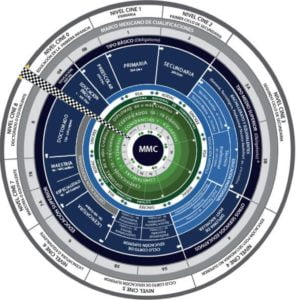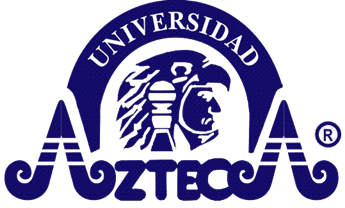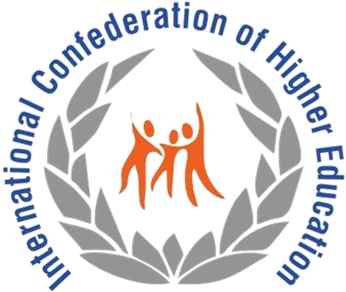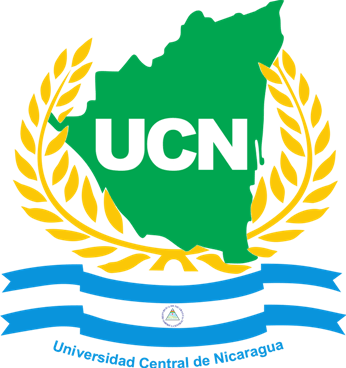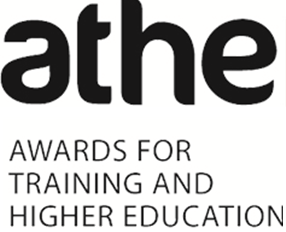Azteca University Own degrees
Credits Transfer | Professional Certification | Master: Prior Learning Assessment | Degree Validation
Doctorate: (Prior Output & Achievement | Prior Learning Assessment | Publication | Thesis) | Student Info
Doctor of the University by Prior Output and by Achievement (PhD)
A doctorate for scientific publications is possible in compliance with the exclusion clause of doctorate by thesis, as far as this procedure is provided in the particular plans and programmes of study and the conditions thereof are regulated by these plans and programmes.
This is not a shortcut to a Dr.Univ., however offered to recognised busy researchers and full-time professionals who have been publishing academic work or the equivalent. The Dr.Univ. by Publication, Prior Output or Achievement is quite common among British Universities, having introduced this doctorate to academia.
The Dr.Univ. by Prior Output aims to demonstrate that the work submitted is of high distinction, does constitute an original and significant contribution to the advancement of knowledge or to the application of knowledge or to both, and does establish that the applicant is a leading authority in the field or fields of study concerned, and that the work put forward is already ‘published’.
The objective is not to review all of an applicant’s published output, but a selection that presents a substantial coherence and linked original contribution. The Dr.Univ. by Prior Output should be as original and coherent as a conventional PhD degree. The work presented should be already ‘published’ work, open to critical academic peer scrutiny, including written publications in peer reviewed refereed journals and/or published under an academic or University Press, academic publisher, monographs from an academic press, official reports for organisations, portfolios of creative works, or alike. The submitted work presents an original contribution to knowledge and will include work that has been published recently. The submission should be conceived of as adding to a current debate. The publications should emphasise a common academic research area, with a reasonable core argument, and must be original, research-based, of doctoral thesis quality and embedded in an academic discourse.
Applicants can submit published work for examination only after a minimum period of six months from enrolment.
The doctoral degree of PhD by Prior Output is awarded by Universidad Azteca after the successful presentation of prior output and a covering document of 10,000 to 15,000 words, and an examination. The covering document should contextualise the prior output, demonstrate that it constitutes a coherent entity, and underline the independent and original contribution to knowledge achieved.
Doctor of Science of the University (Dr.Sc)
Science and Technology postdoctoral degree programme.
This jure dignitatis degree is one awarded to someone who has demonstrated eminence and scholarship by being appointed to a particular office, or achievement in a particular professional field. This typically involves the submission of a portfolio of peer-refereed research, usually undertaken over a number of years, which has made a substantial contribution to the academic field in question.
Doctor of Letters of the University (Dr.Litt)
Arts and Humanities postdoctoral degree programme.
Doctor of Letters is an academic degree, a doctorate of the University and equal to the Doctor of Science, which is awarded by Universidad Azteca in recognition of outstanding achievement in the humanities, original contribution to the creative arts or scholarship and other merits.
Candidates who are admitted will be invited to a diagnostic online-examination of the degree requirements.
Qualification
Examination Criteria (Dublin Descriptors):
Qualifications that signify completion of the third cycle are awarded to students who:
have demonstrated a systematic understanding of a field of study and mastery of the skills and methods of research associated with that field;
have demonstrated the ability to conceive, design, implement and adapt a substantial process of research with scholarly integrity;
have made a contribution through original research that extends the frontier of knowledge by developing a substantial body of work, some of which merits national or international refereed publication;
are capable of critical analysis, evaluation and synthesis of new and complex ideas;
can communicate with their peers, the larger scholarly community and with society in general about their areas of expertise;
can be expected to be able to promote, within academic and professional contexts, technological, social or cultural advancement in a knowledge based society;
Terms:
The word ‘professional’ is used in the descriptors in its broadest sense, relating to those attributes relevant to undertaking work or a vocation and that involves the application of some aspects of advanced learning. It is not used with regard to those specific requirements relating to regulated professions. The latter may be identified with the profile / specification.
The word ‘competence’ is used in the descriptors in its broadest sense, allowing for gradation of abilities or skills. It is not used in the narrower sense identified solely on the basis of a ‘yes/no’ assessment.
The word ‘research’ is used to cover a wide variety of activities, with the context often related to a field of study; the term is used here to represent a careful study or investigation based on a systematic understanding and critical awareness of knowledge. The word is used in an inclusive way to accommodate the range of activities that support original and innovative work in the whole range of academic, professional and technological fields, including the humanities, and traditional, performing, and other creative arts. It is not used in any limited or restricted sense, or relating solely to a traditional ‘scientific method’.
Third Cycle Qualifications
| Cycle | Knowledge and understanding: |
| 3 (Doctorate) | [includes] a systematic understanding of their field of study and mastery of the methods of research* associated with that field.. |
| Applying knowledge and understanding: | |
| 3 (Doctorate) | [is demonstrated by the] ability to conceive, design, implement and adapt a substantial process of research* with scholarly integrity .. [is in the context of] a contribution that extends the frontier of knowledge by developing a substantial body of work some of which merits national or international refereed publication .. |
| Making judgements: | |
| 3 (Doctorate) | [requires being] capable of critical analysis, evaluation and synthesis of new and complex ideas.. |
| Communication | |
| 3 (Doctorate) | with their peers, the larger scholarly community and with society in general (dialogue) about their areas of expertise (broad scope).. |
| Learning skills .. | |
| 3 (Doctorate) | expected to be able to promote, within academic and professional contexts, technological, social or cultural advancement .. |
Mexican Qualifications Framework (MMC)


